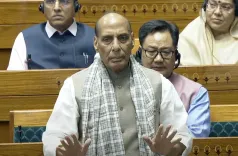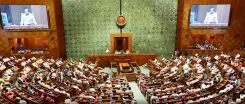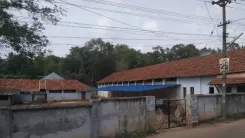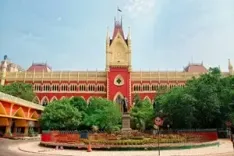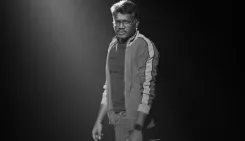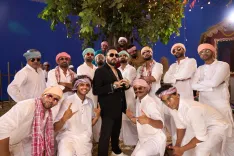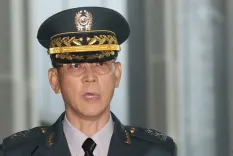Will the SC Address the Summoning of Advocates by Probe Agencies?
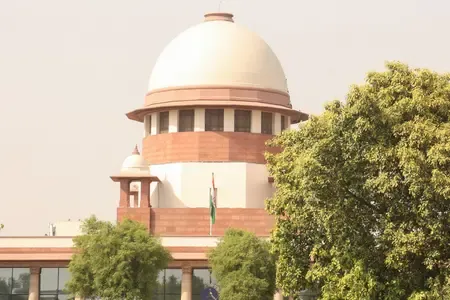
Synopsis
Key Takeaways
- The Supreme Court is addressing the issue of advocate summons by probe agencies.
- Legal professionals' rights and the autonomy of the legal profession are under scrutiny.
- Interim relief has been granted to affected advocates.
- Judicial oversight may be needed for exceptional cases involving lawyers.
- Legal associations are advocating for the protection of lawyer-client privilege.
New Delhi, July 21 (NationPress) The Supreme Court is set to deliberate on a suo moto case on Monday that emerged due to the trend of investigative agencies summoning legal practitioners for providing their insights to clients or representing them in judicial settings.
According to the causelist available on the apex court's website, a Bench composed of Chief Justice of India (CJI) B.R. Gavai along with Justices K. Vinod Chandran and N.V. Anjaria will take up this suo moto matter (initiated on its own accord) titled “In Re: Summoning Advocates Who Provide Legal Opinions Or Represent Parties During Investigations And Related Matters” on July 20.
Previously, a Bench led by Justices K.V. Viswanathan and N.K. Singh agreed with the argument that allowing investigative bodies to summon advocates involved in a case or those who have given advice to parties not only infringed upon the advocates' rights but also posed a significant threat to the independence of the legal profession.
The Justice Viswanathan-led Bench was examining a plea from an advocate challenging the summons directed at him by the Gujarat Police, despite him not being an accused or a key witness regarding the FIR's facts or the disputed agreement.
In granting interim relief to the petitioning advocate, the apex court ordered that no coercive actions would be taken against him following the summons issued by the Assistant Police Commissioner.
Furthermore, the court posed two critical questions for thorough examination and instructed that the case be presented for further directions before the Chief Justice of India (CJI).
The first inquiry is whether a lawyer advising a party in a case can be directly summoned for questioning by the prosecuting agency. The second question pertains to instances where the police believe the individual's involvement goes beyond that of a lawyer; should they be allowed to summon directly, or should judicial oversight be mandated for such exceptional cases?
Emphasizing the necessity for comprehensive resolution of this matter, the court sought assistance from Attorney General of India R. Venkataramani, Solicitor General Tushar Mehta, the Bar Council of India, the Supreme Court Bar Association (SCBA), and the Supreme Court Advocate-on-Record Association.
Recently, summons were issued by the ED to prominent advocates Arvind Datar and Pratap Venugopal, but these were later rescinded by the federal anti-money laundering agency.
In correspondence to CJI B.R. Gavai, SCAORA (Supreme Court Advocates-on-Record Association) President Vipin Nair urged the Supreme Court to take suo motu cognizance of this issue and assess the legality and appropriateness of such summons directed at legal professionals for opinions provided in good faith.
The Bar association appealed to the apex court to protect the constitutional and professional safeguards granted to advocates and establish clear guidelines to avert further erosion of lawyer-client privilege.

